Wilfred Charles is a Malawian farmer and pastor who helped his community grow resilient against drought by building an irrigation system in his village of Mitawa, South Malawi. Due to availability of water throughout the year, Wilfred's community can now harvest twice in a year, keep some food and sell some, have more income and be self-reliant. By supporting communities with skills and tools that help them prepare for and rebound from droughts, USAID makes communities more resilient in the long term.
Wilfred's Leap of Faith
00:03:19
Video Transcript
“In the beginning, God created the earth. He started with the environment. Then, He created man to take care of the environment—not to destroy it.” That’s what Wilfred Charles, a 35-year-old Malawian farmer and pastor, preached to his congregation in Southern Malawi last Sunday.
Climate change and consecutive droughts, made worse by El Niño have heavily impacted Wilfred’s community, Mitawa Village—a collection of 35 small “villages” near the Lingoni River. Rainfall patterns are erratic, making it difficult to grow enough food. “When I was a little kid, Malawi was a good country. As we are growing the environment is changing. The way rain is falling. It's changing,” he explains. “We are harvesting so little.”
Wilfred is accustomed to drought. He’s experienced it several times growing up. Food aid interventions supported his community throughout these dry spells. “When I was one year old, there was a famine and not enough food. I was underweight," explains Wilfred. He was one of many children under five who received soybean meal to combat malnutrition.
Now Wilfred has a family to support: his wife, Magrate Nthawani, and their 4 children - Bright Wilfred, Joyce Wilfred, Rodgers Wilfred, and Mphatso Wilfred—so it’s even more important for him to make sure he has enough food to feed his family.
In 2010, an extension worker introduced Wilfred’s community to irrigation farming as a way to regularly supply water to their fields and regenerate the soil. The extension worker explained how irrigation farming worked and asked for volunteers to start construction on an irrigation system in their village. At first 269 farmers showed up. But, when they realized how hard it was going to be all left except Wilfred and 5 other men. For 3 years they labored digging trenches. People scoffed saying they had lost their minds.
To support them during the construction of the irrigation project, USAID funding provided Wilfred and the workers with food assistance: 15 kg of pinto beans and 4 liters of vegetable oil for every 20 days worked.
In 2013 when water began trickling through their fields, it felt like a dream come true. As a result of the irrigation system, they have been able to grow more food with less water.
"If the six men did not show up, the whole community would now be facing hunger and our children would be malnourished. Now, we are confident because we have water. People are happily cultivating. Many have built houses through that and have started to thank us," says Wilfred.
“Now I can see the future for my kids is bright,” says Wilfred. His eldest daughter, Joyce Wilfred, goes to school just up the road.
He says, “This community means a lot to me because at first we thought we cannot do anything. But now we are able to do things that we are proud of.”
USAID is working to help communities, like the people of Mitawa Village, to break the cycle of drought and plan for a brighter future.
USAID HAS PROVIDED OVER $300 MILLION IN LIFESAVING AID TO SOUTHERN AFRICANS IMPACTED BY THE CURRENT DROUGHT.
Июль 27, 2017







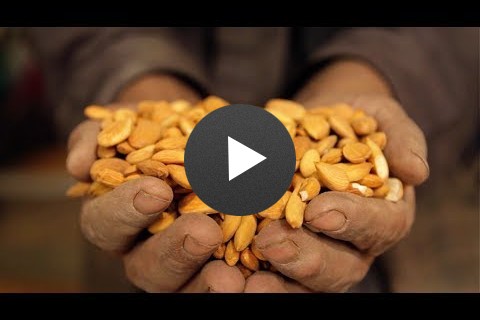
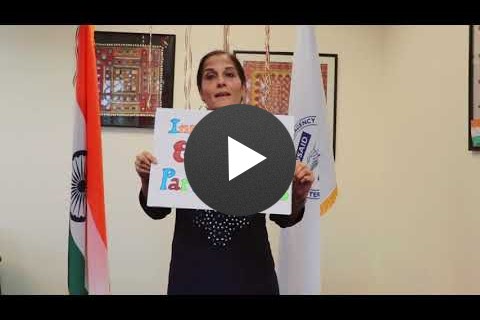
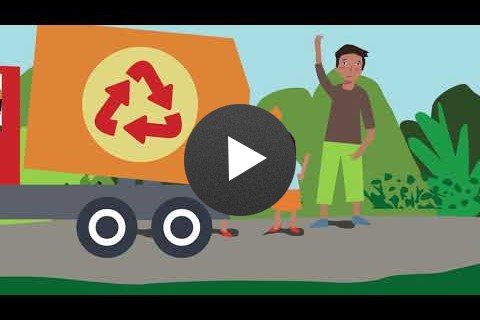
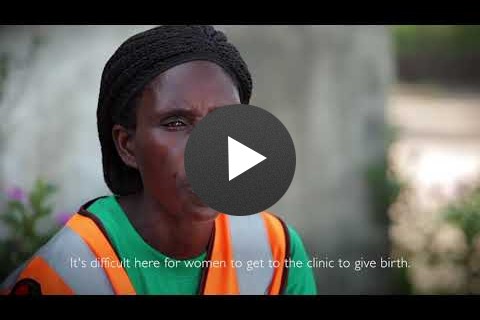

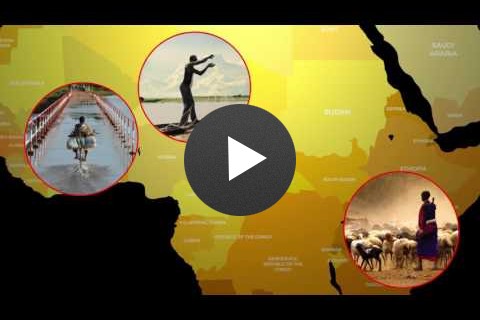
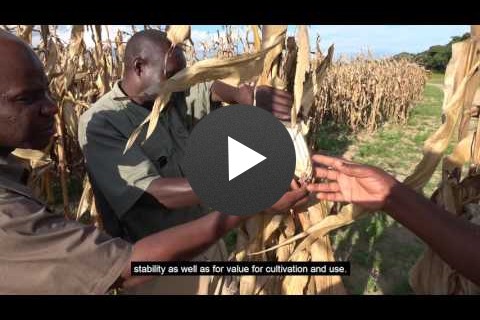
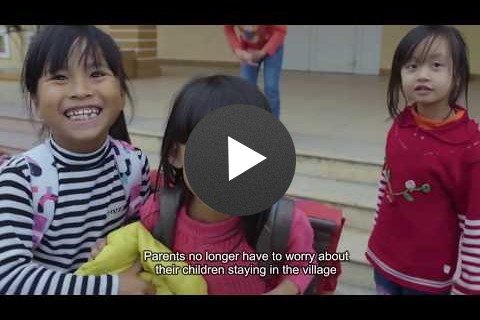
Comment
Make a general inquiry or suggest an improvement.